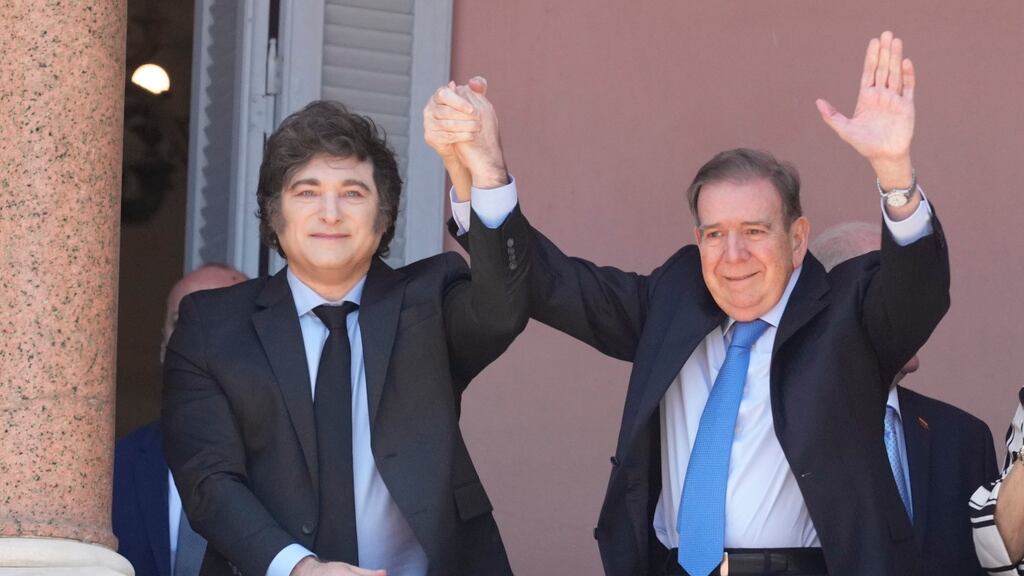CARACAS (AP) — The government of Venezuela reaffirmed on Sunday its intention to arrest the opposition leader who claims to have defeated President Nicolás Maduro in last year’s elections, in the form of a threat issued by the Congress controlled by the ruling party.
PUBLICIDAD
Without mentioning the name of Edmundo González, the leader of the National Assembly, Jorge Rodríguez, stated that the unicameral body will order the immediate arrest of the retired diplomat in case he sets foot on Venezuelan soil. The threat comes after the recent government announcement of a $100,000 reward for information on González's whereabouts and less than a week before the next presidential term in Venezuela begins.
PUBLICIDAD
Where is Edmundo González?
González left Venezuela to go into exile in Spain in September after a judge issued an arrest warrant against him in connection with an electoral investigation.
In recent weeks, he has promised to travel to Venezuela to take office as president, which by law must begin on January 10, but he has not explained how he plans to return or seize power from Maduro, whose party controls all institutions and the military.
"That unworthy being... has been saying that he will return to the Bolivarian Republic of Venezuela," said Rodríguez shortly after being reelected as president of the National Assembly. "Every deputy who defends peace, we will request immediate arrest in case he sets foot on Venezuelan territory."
González began a tour of Latin America with stops in Argentina and Uruguay on Saturday, when he told reporters that he will be traveling to the United States next and hoped to speak with President Joe Biden. He also said he planned to visit Panama and the Dominican Republic.
Meanwhile, Maduro has already received an invitation from the National Assembly to be sworn in for a third term on Friday, more than five months after the country's National Electoral Council, controlled by the ruling party, declared him the winner of the July 28 elections.
Unlike in previous presidential elections, electoral authorities did not provide detailed vote counts. However, the opposition collected records from over 80% of the country's electronic voting machines, published them online, and claimed they showed that González had won the election with twice as many votes as Maduro.
The global condemnation for lack of transparency led Maduro to ask Venezuela's Supreme Court, also controlled by supporters of the ruling party, to audit the results. The court later reaffirmed his victory.
The United States and most European governments have rejected the official election results and consider González the legitimate winner.
